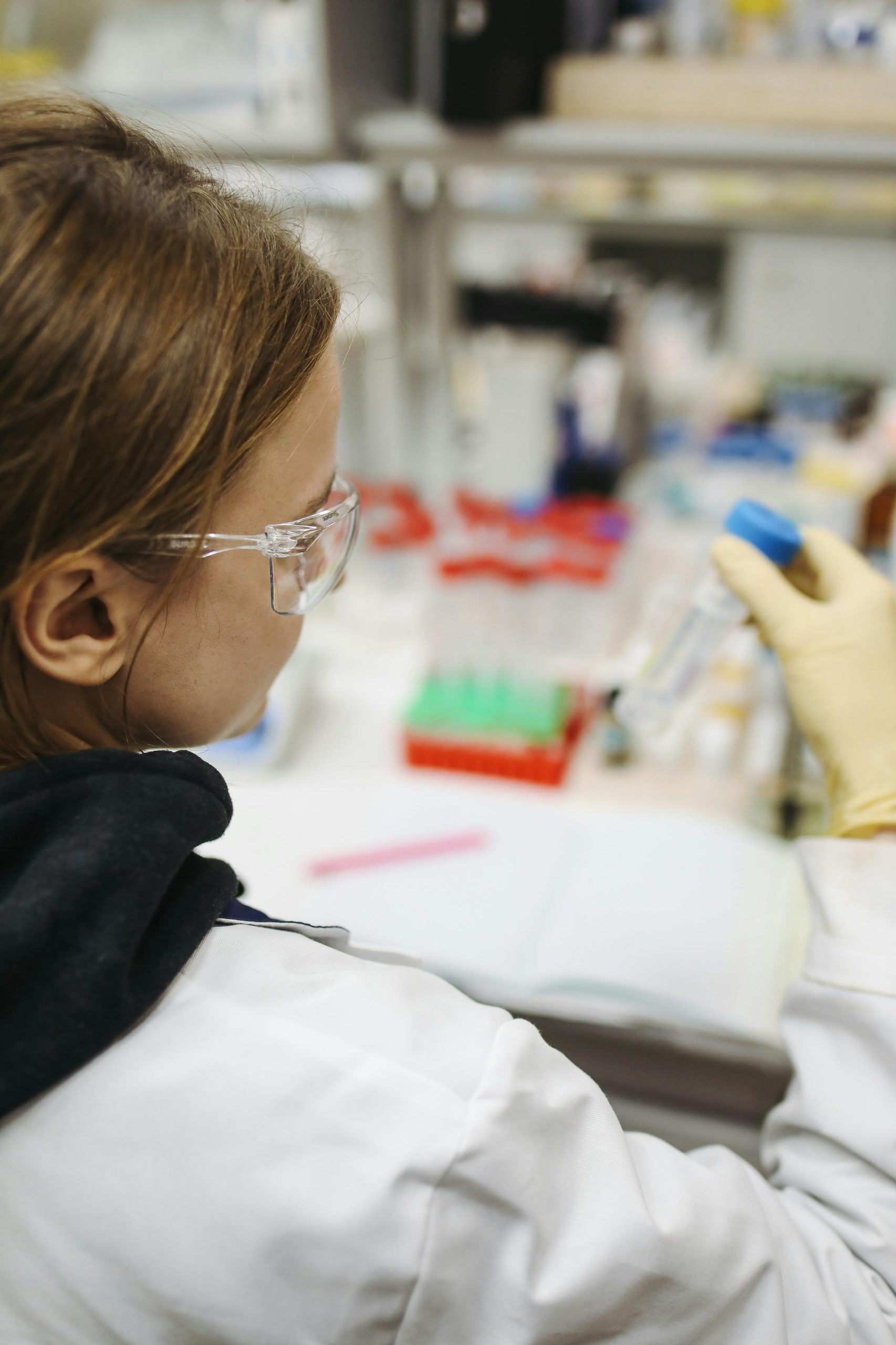
A new seminal study led by leading microbiologist Prof. emerit. Thomas Egli, has brought to light the unexpected microbial communities thriving within domestic hot-water boilers.
Discovering that hot-water boilers are home to unique thermophilic bacterial communities (distinctly different from those in the supplied cold drinking water), Professor Egli strongly recommends maintaining boiler temperatures at between 50° and 60 °C (as recommended in most countries) to reduce the risk of growth of opportunistic pathogens.
Professor Egli and his research team also found that all hot-water samples were dominated by a handful of thermophilic bacterial strains belonging to the families Thermaceae, Hydrogenophilaceae, and Nitrosomodaceae. These strains are well-adapted to temperatures around 50-60° C, where most other bacteria cannot survive. These heat-loving microbes flourish in boilers’ warm environments, with total cell counts in hot-water two to three times higher than in cold-water.
The study suggests that domestic hot-water boilers function as semi-continuous bioreactors, creating ideal conditions for thermophilic bacteria to grow. The heating process most likely transforms dissolved organic matter in cold water into usable organic carbon, fueling microbial growth.
Boilers with UVC-treated cold water also supported active microbial communities, showing that these bioreactors operate independently of the supplied cold drinking water.
The study also underlined that little attention has been given to the microbiology of domestic hot-water installations, except for aspects of pathogenic Legionella. Worldwide, regulations consider hot (or warm) water to be ‘heated drinking water’ that must comply with (cold) drinking water standards. Although no major pathogens have been associated specifically with hot-water usage, these thermophilic strains may influence water quality in general and may interact with opportunistic pathogens’ growth. Therefore, a better understanding of microbiomes in domestic hot-water installations is needed.

The researchers used state-of-the-art methods to delve into these microbial ecosystems, including flow cytometry and 16S rRNA gene amplicon sequencing. The BactoSense flow cytometer, a key tool in the study, allowed the team to quickly and accurately analyse and compare bacterial communities in hot and cold water, providing crucial data for understanding these unique environments.
In a recent interview, Thomas Egli recounted how the study began serendipitously when he discovered unusually high cell counts in hot water using a BactoSense device. This unexpected finding spurred further investigation and collaboration with bNovate Technologies and other researchers. The research highlighted significant differences in microbial communities between hot- and cold-water systems, emphasising the need for more comprehensive knowledge and, if necessary, regulations, concerning microbiology in domestic hot-water installations, not only for Legionella.
Egli explained that hot-water systems act like bioreactors, producing nutrients that promote microbial growth. The study confirmed that hot-water microbial communities differ distinctly from those in cold water, the former being dominated by a few thermophilic strains. Flow cytometry and gene analysis validated these findings, underscoring the importance of understanding the stability and vulnerability of these ecosystems to pathogens.
He highlights the effectiveness of flow cytometry tools like BactoSense for monitoring these systems, offering rapid insights into abundance and differences in microbial communities. Further research is essential to explore the interactions between thermophilic bacteria and pathogens like Legionella pneumophila and establish more effective hot-water system guidelines.
This study highlights the crucial need to consider the microbial ecology of domestic hot-water-systems and calls for further research to comprehend the factors influencing the growth and composition of these thermophilic communities.



